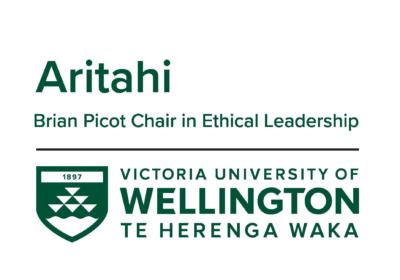Employees in New Zealand are among the least likely of the 16 surveyed countries to find each of eight ethically questionable practices outlined on p9 of the global report to be acceptable. Although New Zealand compares favourably with other countries surveyed in relation to the percentage of employees who say that they have felt pressured to compromise on their organisation’s standards of behaviour and those aware of misconduct at work, these figures have increased compared to 2021.
Compared to three years ago, employees in New Zealand say that they are as likely to speak up about misconduct: around six in ten employees have spoken up about misconduct that they have been aware of. However, employees are much less likely to be satisfied with the outcome after speaking up, which is at a record low compared to previous years (2018 and 2021). This is also the lowest of all countries surveyed. Around two in five employees say that they experienced retaliation after speaking up.
Organisations in New Zealand seem to have missed some opportunities to encourage dialogue and discussions around ethics internally. Although 4 in 5 employees say that people in their organisation know what is expected of them in terms of ethical behaviour, they are less likely than the global average to say that their line manager explains the importance of honesty and ethics in the work they do and that issues of right and wrong are discussed in staff meetings. Furthermore, they are not as likely to say that in their organisation’s decisions about people are made fairly nor that their organisation disciplines employees who violate its ethical standards. This indicates that ethical leadership needs greater priority and further attention.
Compared to 2021, employees in New Zealand are more likely to say that they are aware of their organisation providing each of four building blocks of an ethics programme. The biggest increase has been recorded in relation to receiving advice or having an information helpline about behaving ethically. Although awareness of advice and hotlines is still the least common of the four building blocks asked about, it is at the highest level ever recorded in this survey for New Zealand.
Data for New Zealand were first collected in 2018 as indicated in the global report. The findings in this country-specific report compare 2024 data against 2021 data, the last data point.





